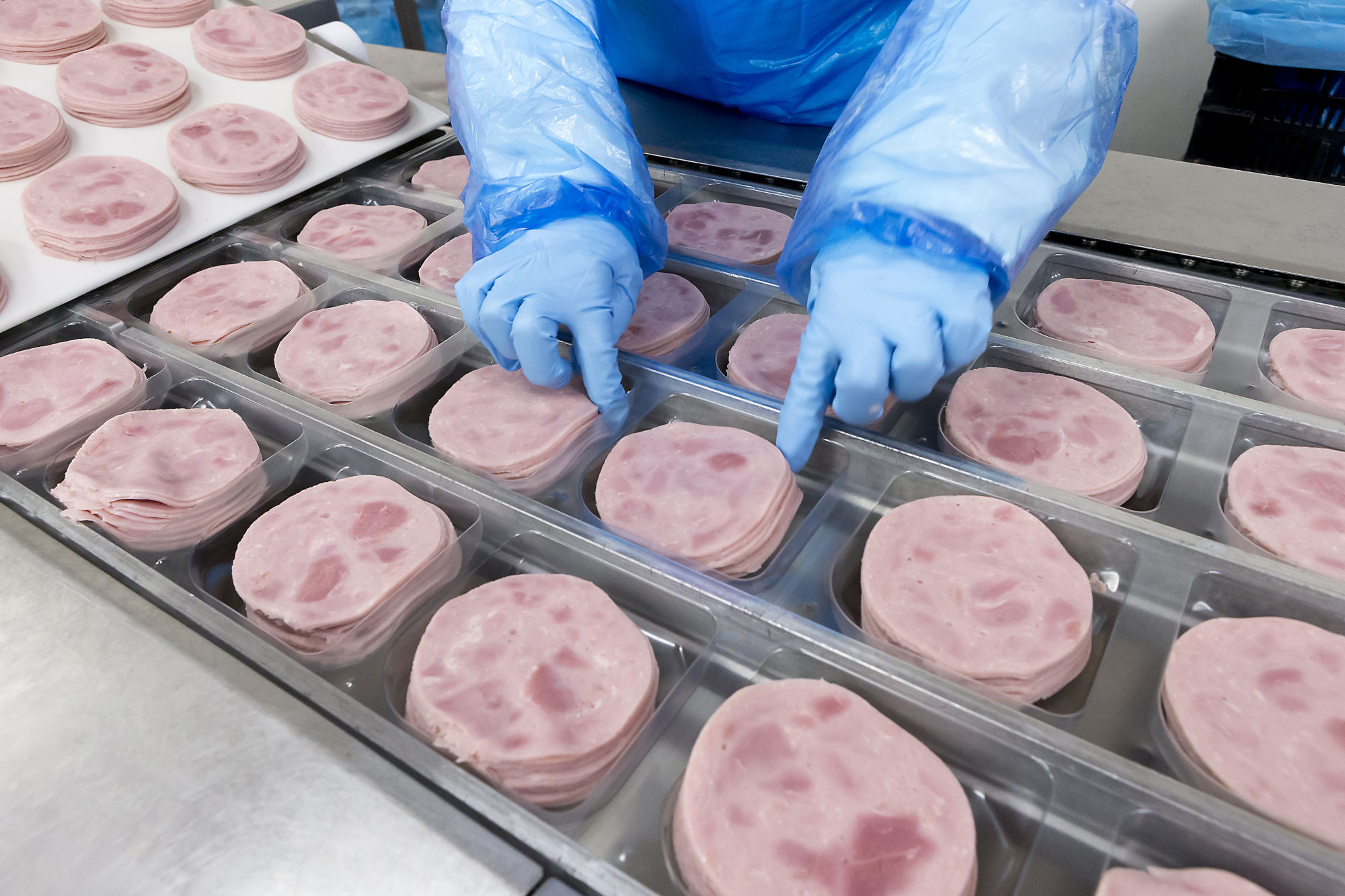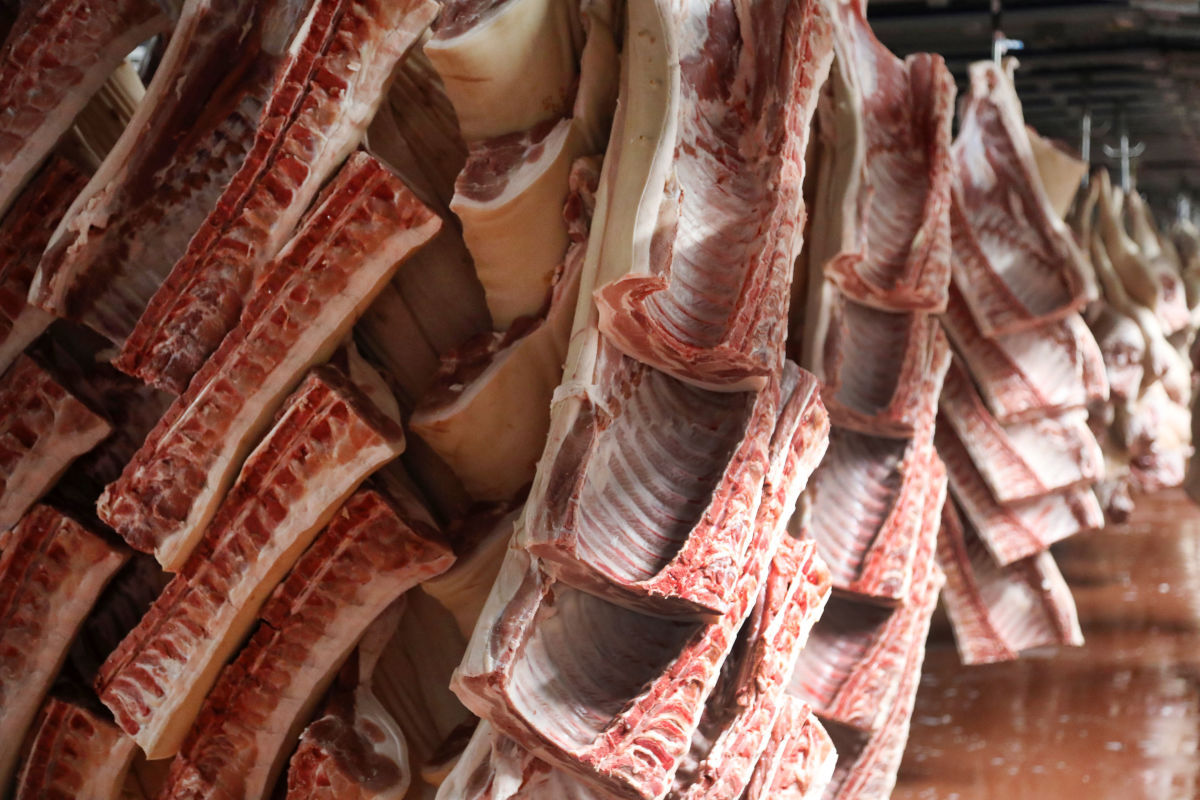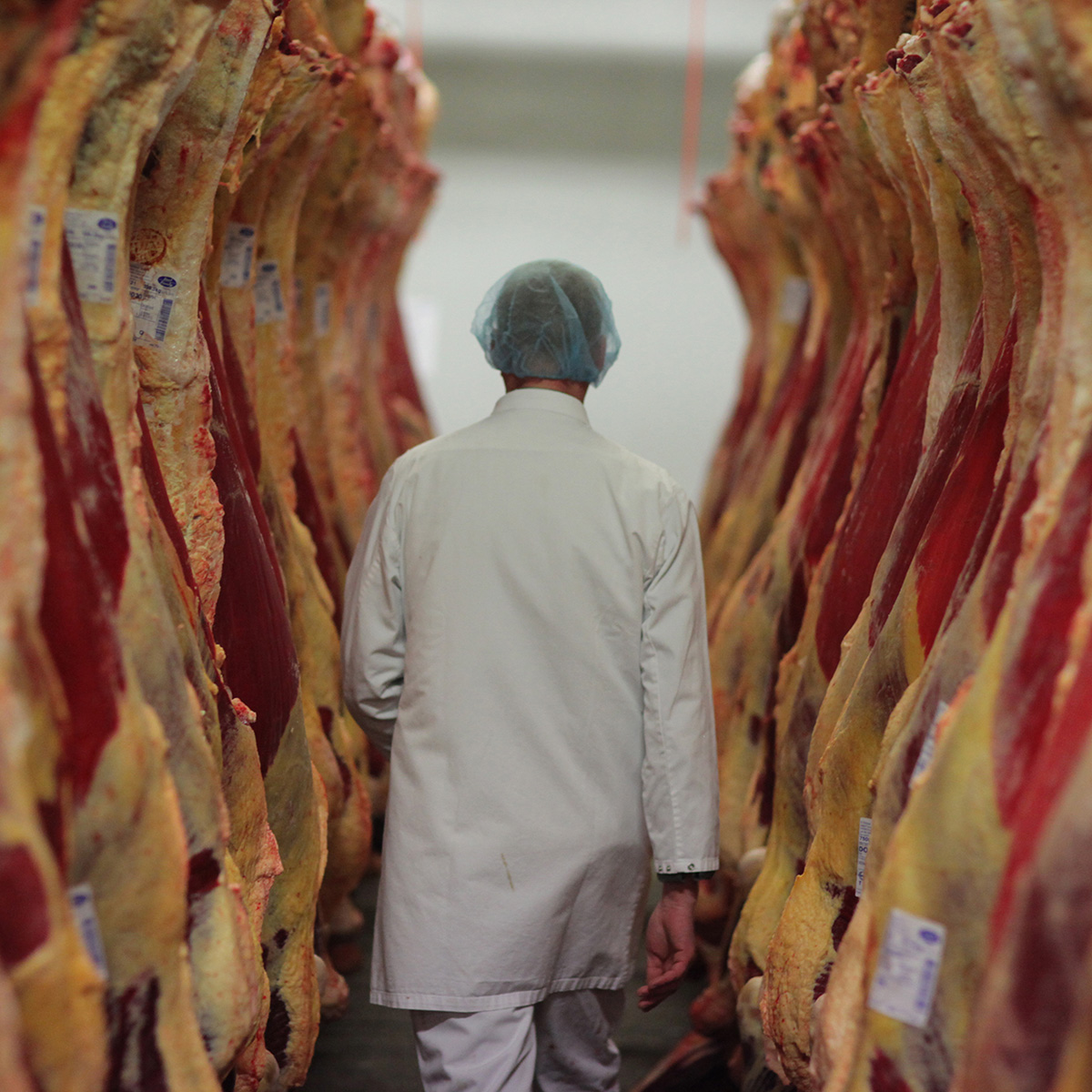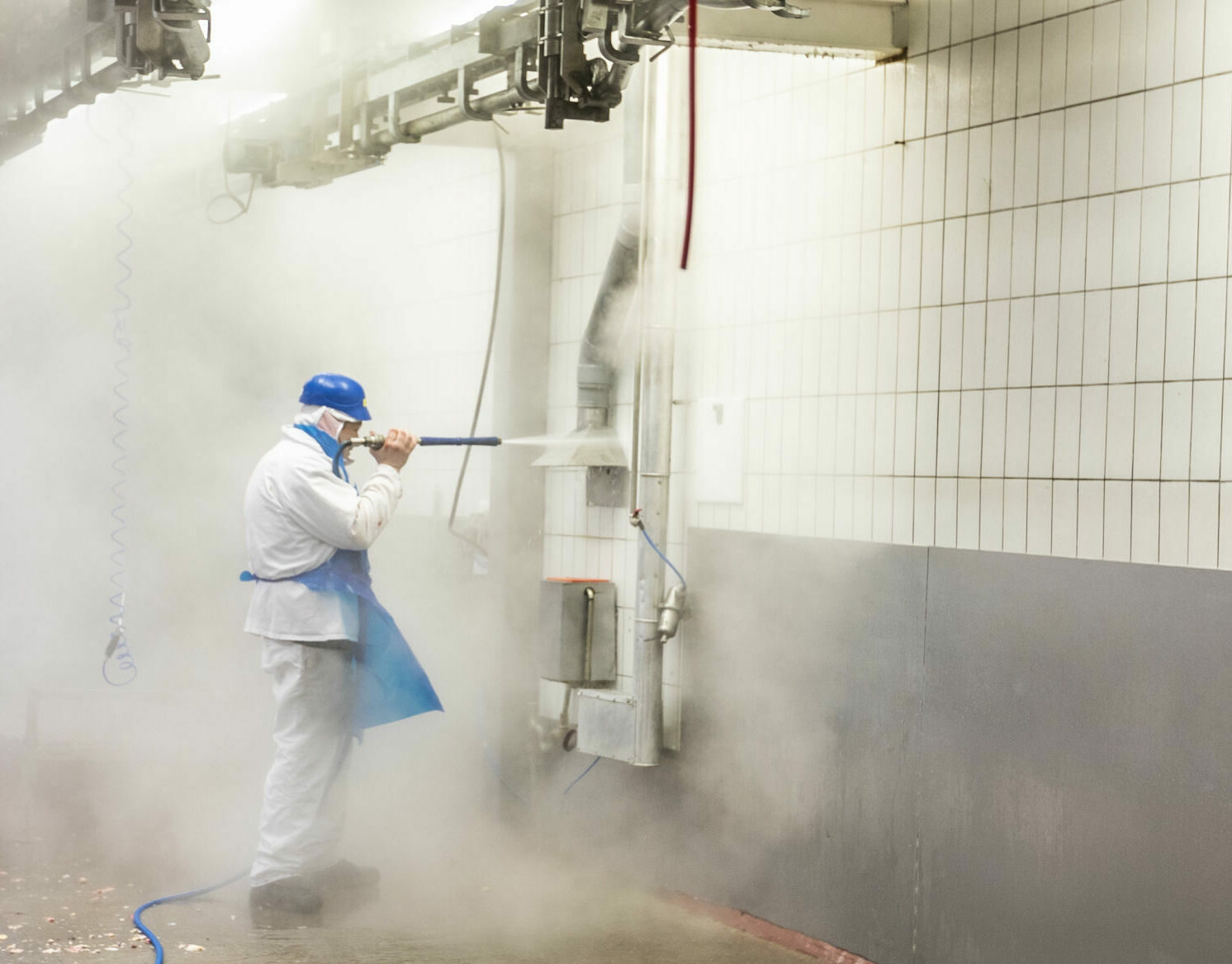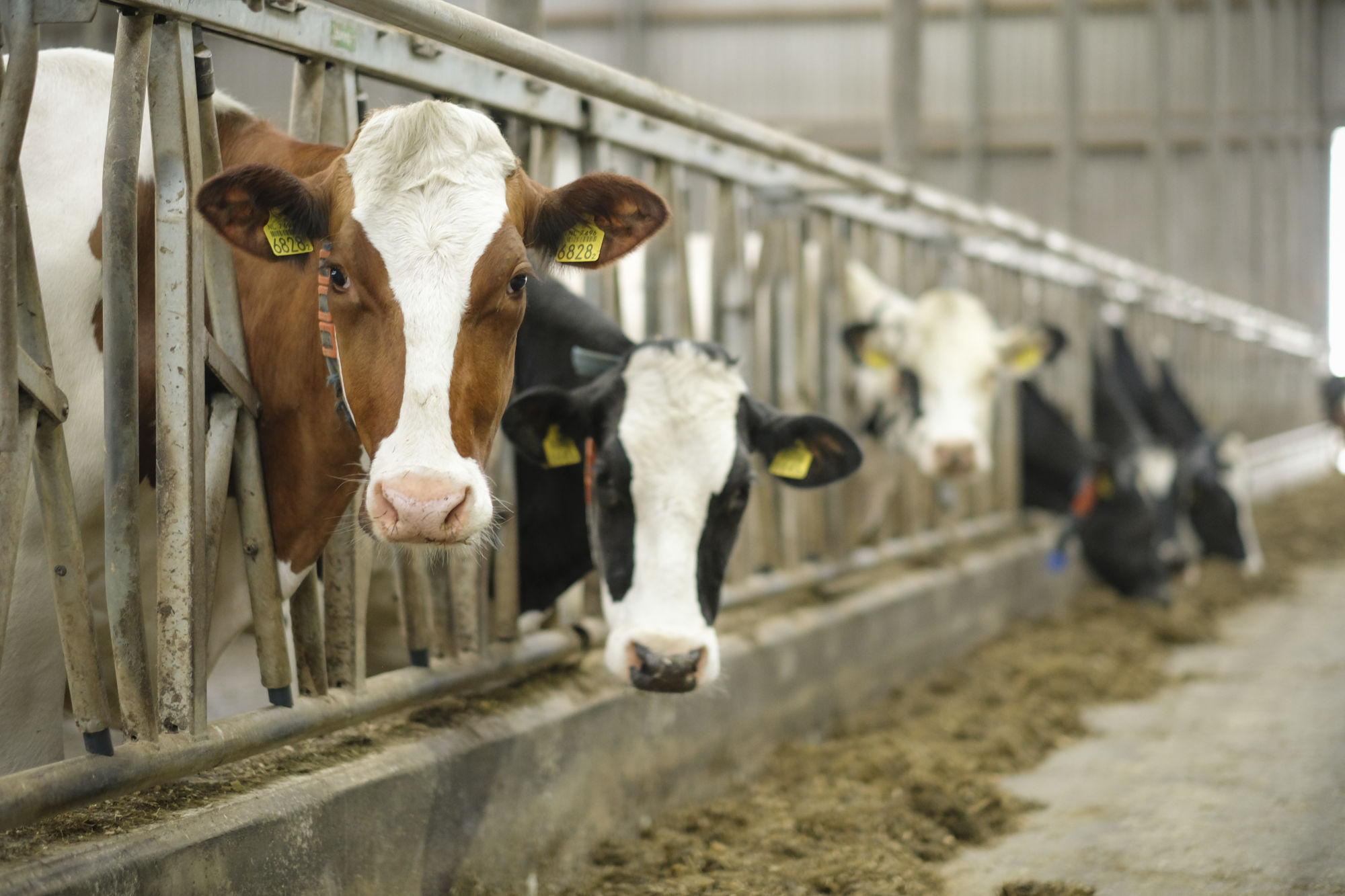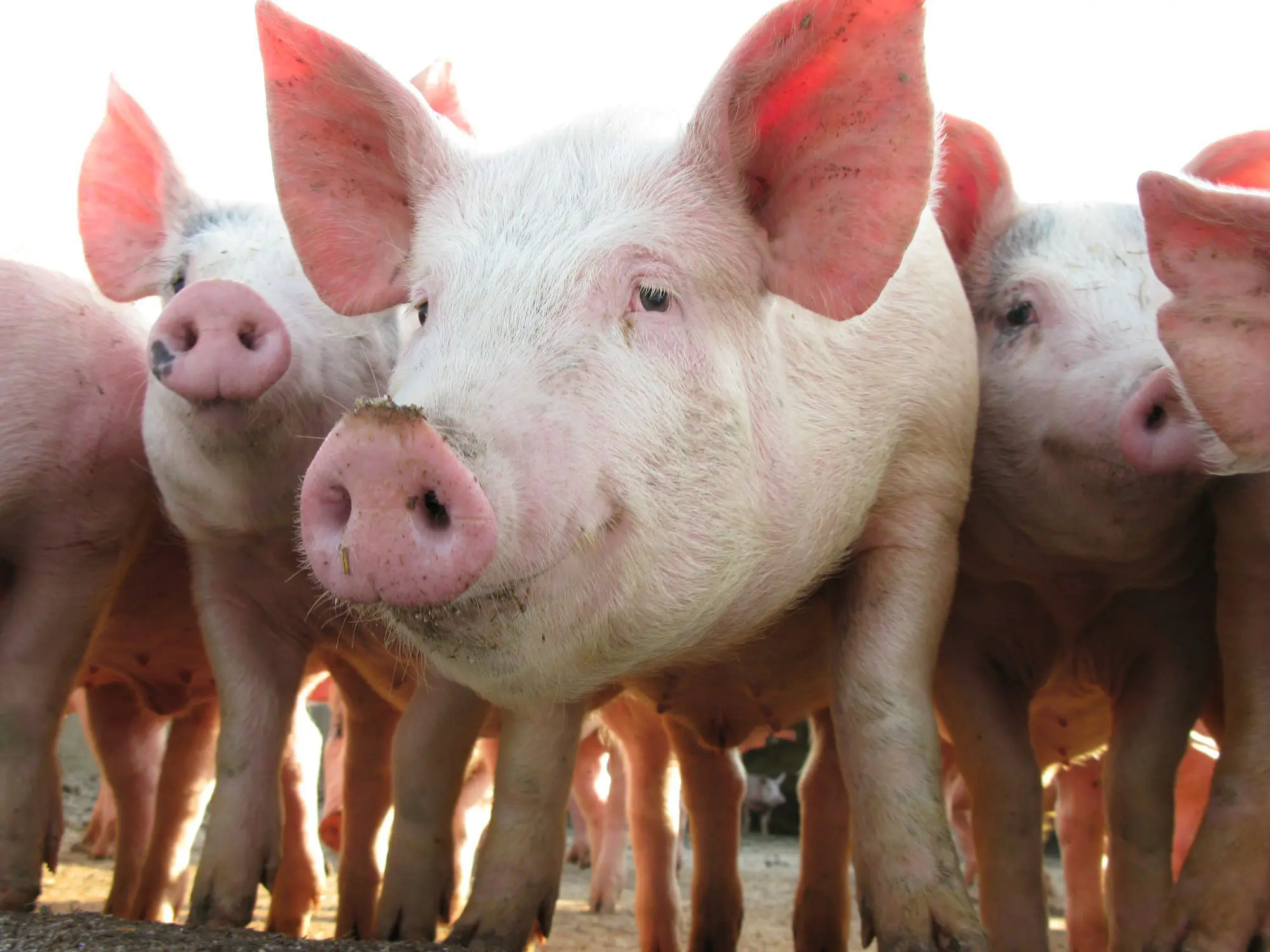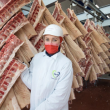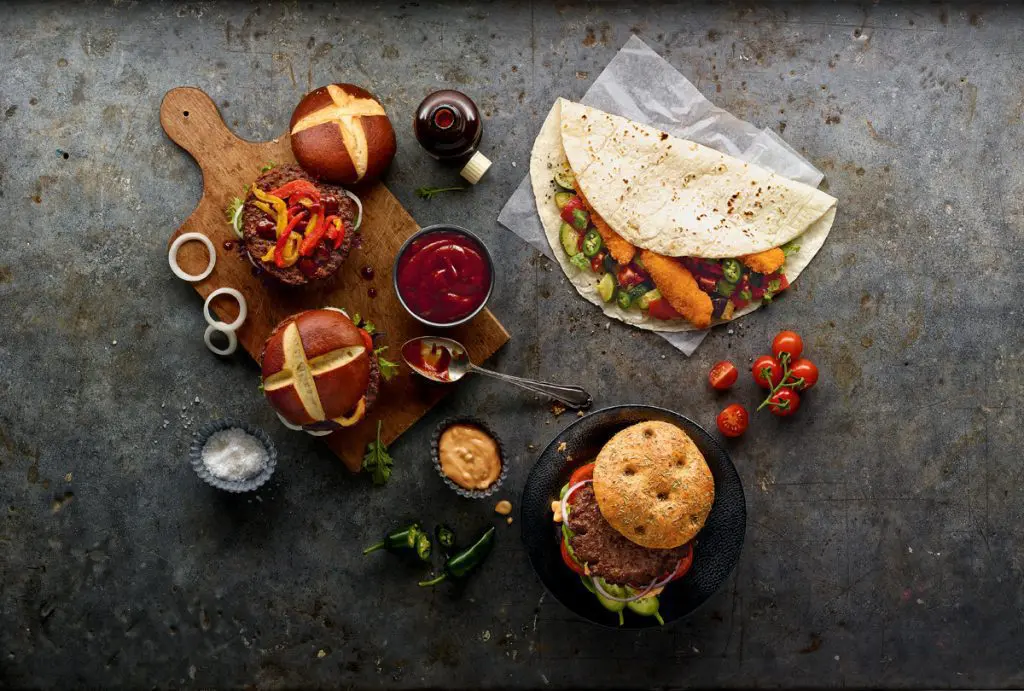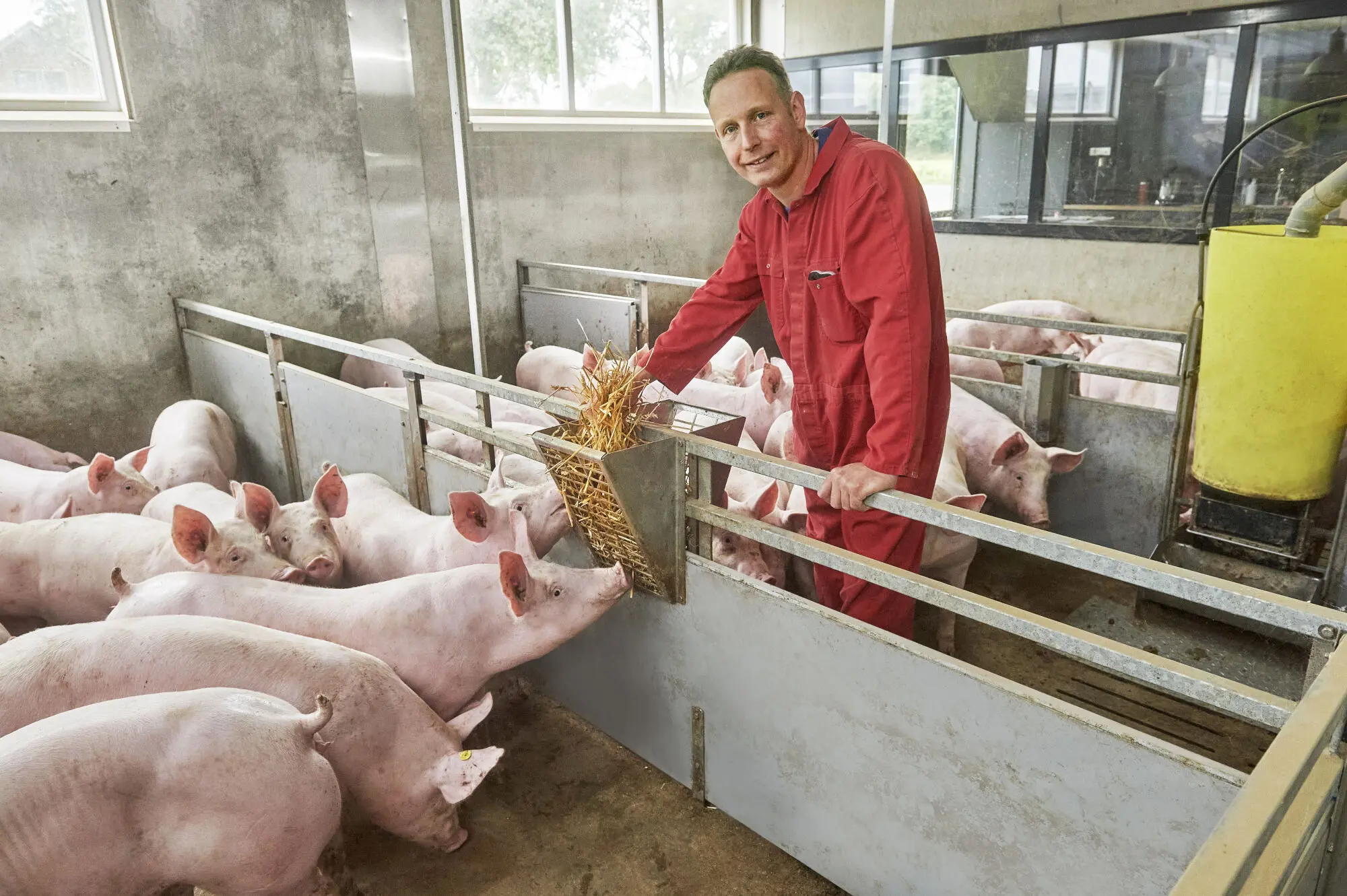Biodiversity and deforestation
The nature of our supply chain means Vion is linked to a potential negative impact on biodiversity. There is a risk of deforestation to produce soy for livestock feed. Via the livestock farms that supply us, we are linked to a risk of biodiversity loss through the emission of ammonia and through monoculture, soil acidification and land use and land management. In addition, transportation by us and our supply chain emit nitrogen.The other side of the picture is that by also offering organic meat, we work towards agricultural practices that help ensure sustainable food production and maintain ecosystems. With our commitment to deforestation-free soy supply chains, we work, with farmers, on halting deforestation.
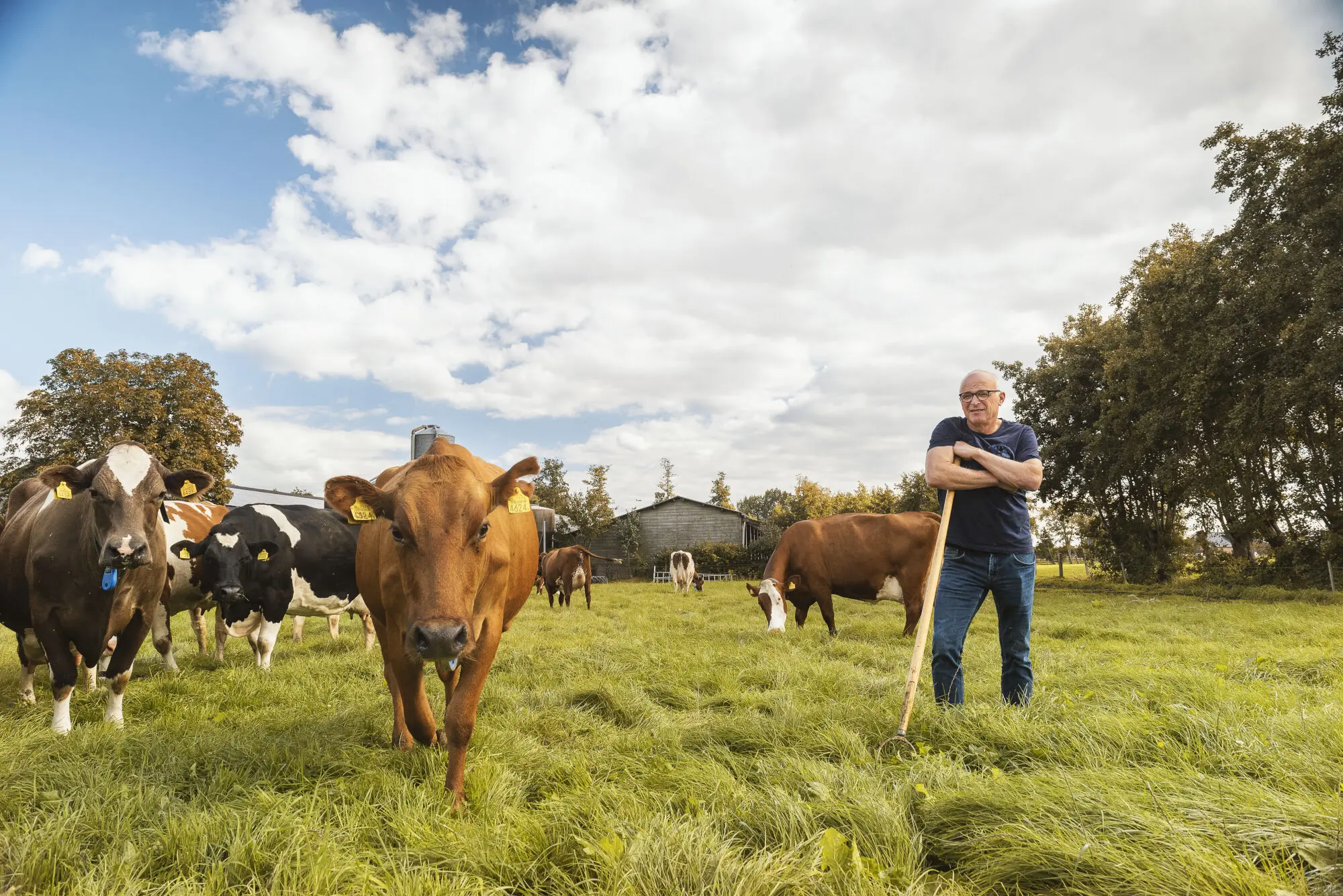
The topic ‘Biodiversity and deforestation’ forms part of our strengthened sustainability strategy, containing topics and targets which are important for sustainable food production and consumption. Our most important objective is to achieve deforestation- free soy supply chains.
To protect biodiversity, we are committed to stimulating the production of organic meat by taking a leading position not only in the Netherlands, but also in Germany and Belgium, and to setting up organic supply chains for both pork and beef in these countries. De Groene Weg, market leader in organic meat in the Netherlands and second biggest player in Europe, processes over 100,000 organic pigs per year. De Groene Weg is certified by Skal, conforms to the European organic standard and is also certified with the Beter Leven Keurmerk 3-star label.
Within dairy farming, increasing attention is being paid to improving biodiversity. Many Dutch dairy cattle farmers use the biodiversity monitor – a tool which monitors positive and negative impacts on biodiversity. Based on this assessment, a location- specific biodiversity plan has been implemented on farms.
To reduce the emission of nitrogen during transport, Vion has been replacing its fleet of EURO 5 diesel trucks with the latest EURO 6-compliant alternatives. We will also use more electric trucks. The last EURO 5 vehicles were replaced at the start of 2023.
